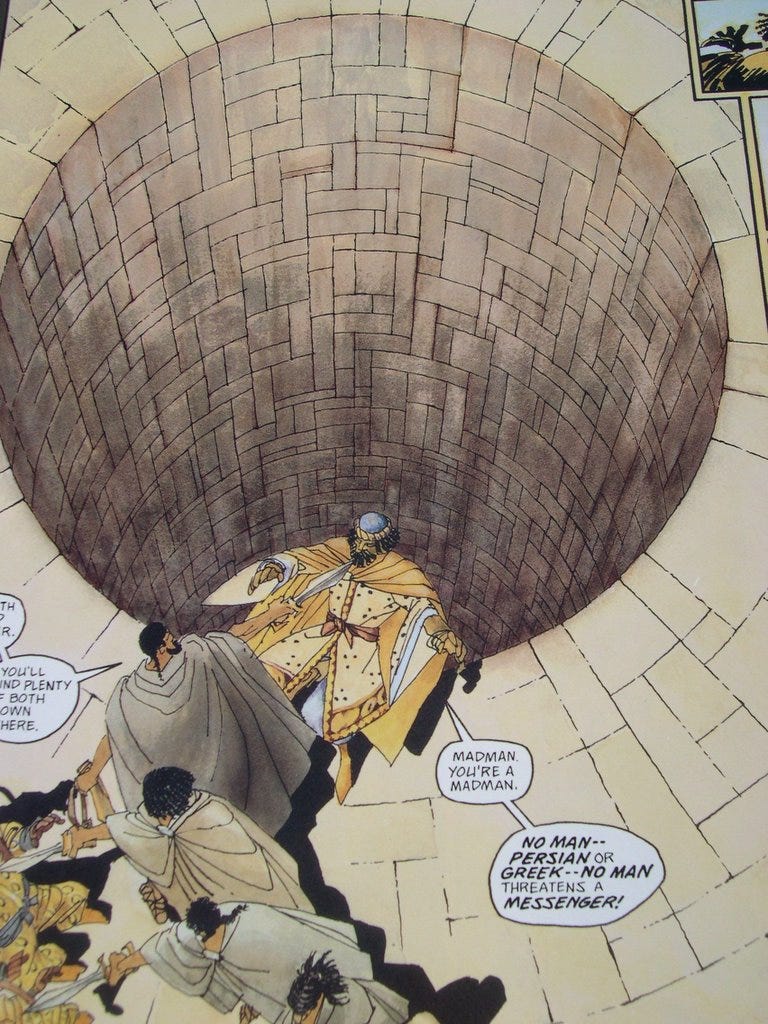The Great Lie Forward
Shooting the messenger doesn't change the message
Plutarch writes that when a messenger told Tigranes the Roman general Lucullus was advancing, Tigranes had the messenger beheaded, hence the famous phrase.
This did not stop Lucullus.
It’s not that Tigranes was stupid, but his ego was so big that he frequently made dumb decisions, such as alienating his best military allies, which was his ruin.
During the Great Leap Forward, local officials were terrified to report bad agricultural numbers or famine deaths to Mao. Those who did were imprisoned, tortured, or killed. Others ducked the executioner’s axe by handing in falsified crop reports, as tens of millions of Chinese people starved to death.
Stalin similarly subscribed to the notion that truth is treason, in fact his entire reign was essentially a masterclass in killing the messenger. When Marshal Tukhachevsky and other generals warned about the Nazi threat, for example, Stalin had them executed — just in time to ensure the USSR was caught with its pants down for Operation Barbarossa.
During the Gulf War era, after the Iraqi air force was crushed, several officers were executed for reporting battlefield losses, as if keeping Saddam in the dark would’ve been able to stop the United States Air Force.
And in North Korea, if you bring the Big Man bad news, you’d better bring a blindfold too. In Pyongyang, as in every other case above, the results are the same. Each of these rulers believed that by punishing bad news, people would work harder to generate better results.
But this fundamentally misunderstands human nature. If you punish bad news, this creates a chilling effect that does not incentivize people to produce good news, but rather incentivizes them to self-censor and lie.
Remember Goodhart’s law: “When a measure becomes a target, it ceases to be a good measure.”
And to be clear, I am not saying that Trump is like Stalin or Mao in more meaningful ways. That’s not how comparisons work anyway.



